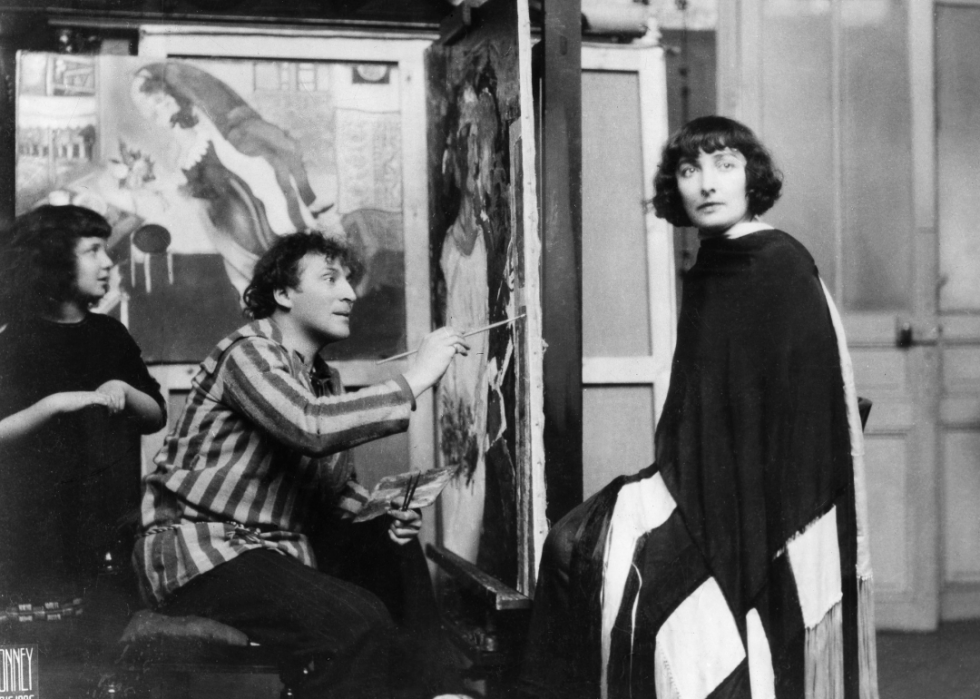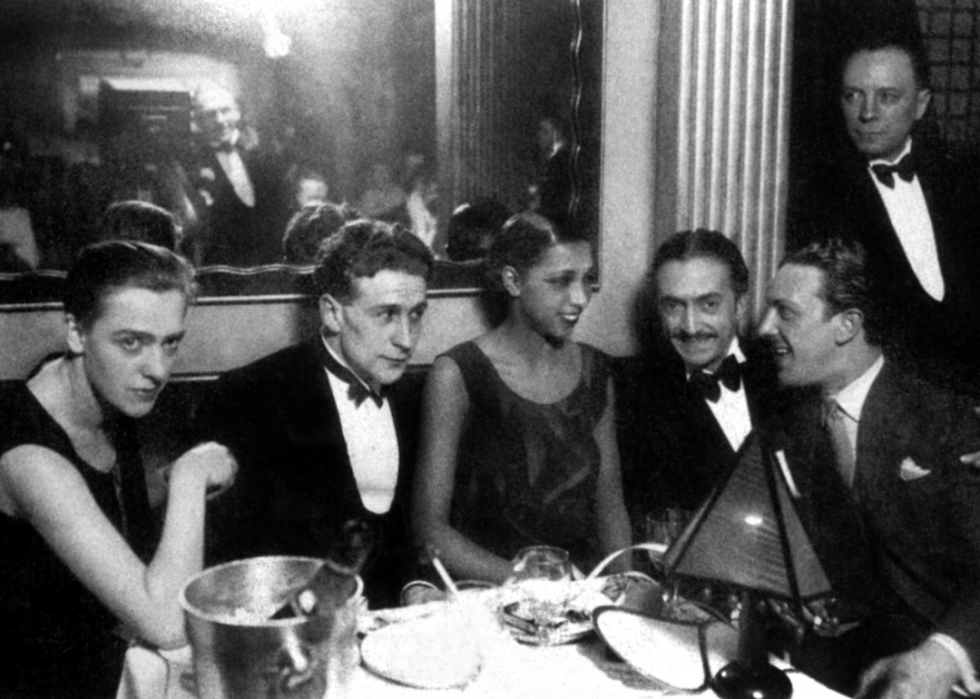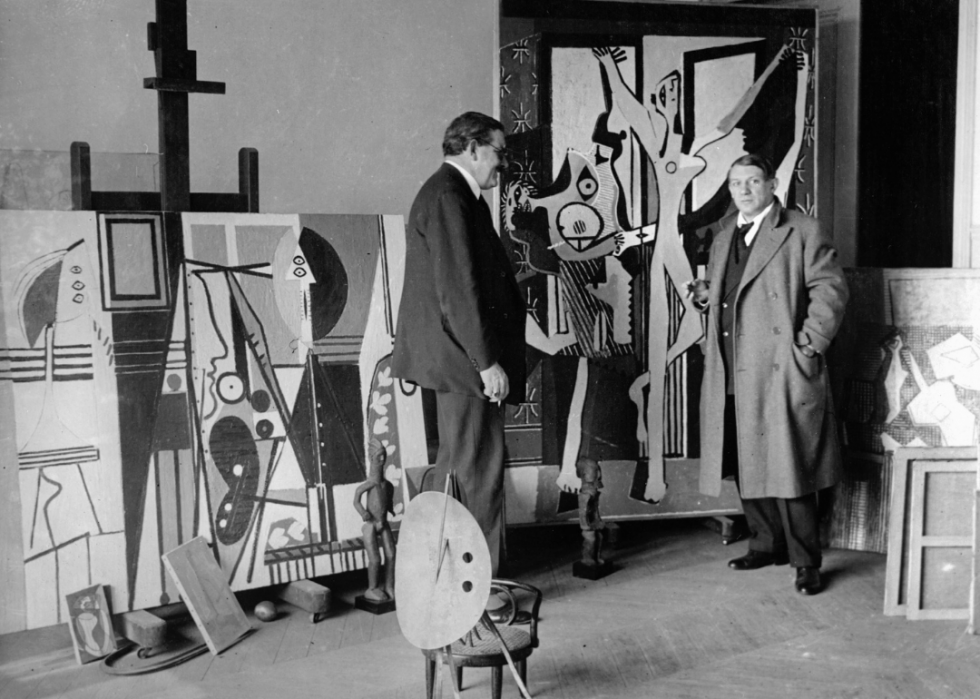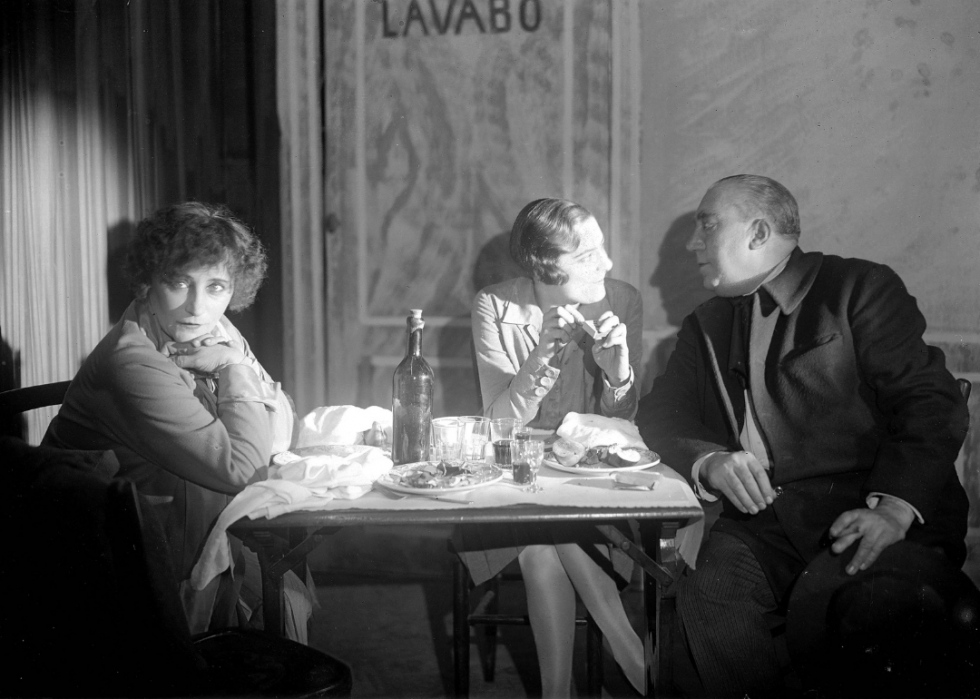My coaching clients are on a path of learning and growth. They are resourceful and already successful. Nevertheless, they have aspirations to move to the next level and are willing to invest the time and energy to do that. They are often looking for a trigger that creates a breakthrough.
As an executive coach specializing in Mastery, I encourage them to think holistically about their journey (purpose, skills, knowledge, ecosystem, routines, mentors, feedback loops, impact, and contribution) and not seek a silver bullet. However, many zero in on their participation in their ecosystem, sensing an opportunity there. With a bit of data collection and reflection, many find their approach to their ecosystem has been sporadic and haphazard, yielding underwhelming results.
The fun begins from this vantage point with eyes and heart open, and the results can be transformational.
““It is a mistake for anyone to think they have lived too long in their old, unsatisfactory ways to make the great change. If you switch on the light in a dark room, it makes no difference how long it was dark because the light will still shine. Be teachable. That is the whole secret,”
”
I frequently share the following backdrop to provide context for thinking about professional ecosystems. Enjoy!
The Power of the Ecosystem
As humans, we are part of the global ecosystem. As Masters, we are part of the ecosystem that surrounds our expertise. Mastery calls us to join in and be active players in our ecosystem.
Ecosystems bring together a confluence of talent and innovative thinking that enables people to realize their potential. These are environments where evolution spins faster. They coax us to become our best selves—learning, doing, listening, observing, tweaking.
The types of relationships we develop in the ecosystem will vary dramatically. They might be competitive, collaborative, challenging, supportive, adversarial, thought-provoking, mentoring, and more. We leverage other people's work; they leverage ours. Some people will "steal" what we create and call it their own, while others give attribution. Some share their knowledge willingly, and others guard it with a vengeance. There is greed, just as there is generosity. It all adds to the magic of ecosystems.
Regardless, when we love what we do and are seeking to continue to learn, grow, explore, refine, and create, we are called to do it with others, in one way or another. The solitary Master in any profession is extremely rare. For most all people, the community contributes to us, and we contribute to the community.
The Italian Renaissance
There are many examples of where Masters have emerged from ecosystems of like-minded individuals. One clear example is Florence, Italy, between the 14th and 17th centuries during the Italian Renaissance. This period of rapid progress in art, architecture, sculpture, literature, music, philosophy, mathematics, and science changed the world.
Where the spirit does not work with the hand, there is not art.
Leonardo da Vinci
This ecosystem included artists such as Leonardo da Vinci, Michelangelo, and Sandro Botticelli. It ushered in a revival of support of the arts and artists by influential patron families, especially the Medici dynasty. The period saw a migration into Italy of Greek scholars such as Manuel Chrysoloras; a blossoming of scientific and mathematical ideas generated by Galileo Galilei, Tycho Brahe, Nicolaus Copernicus, and others; a genesis of new thought by writers and thinkers like the humanists Marsilio Ficino and Machiavelli and the philosopher Pico della Mirandola; and many more.
Paris in the '20s
Similarly, during the first part of the 20th century, Paris was an ecosystem that defined modernism in literature, music, dance, and art. The concentration of Masters in this period was astounding. The names are familiar: Hemingway, Fitzgerald, Joyce, Wilde, Stein, Picasso, Matisse, Chagall, Modigliani, Dali, Diaghilev, Duncan, and Nijinsky. Paris' creative energy welcomed talent from around the world. It's truly incredible to think about the draw of this ecosystem.
Hemingway from St. Louis, Fitzgerald from St. Paul, Joyce and Wilde from Dublin, Stein from Pittsburg, Picasso from Malaga, Matisse from Le Cateau-Cambrésis, Chagall from Vitebsk, Modigliani from Livorno, Dali from Figueres, Diaghilev from Chudovsky, Duncan from San Francisco, Nijinsky from Kyiv
These and many more insanely creative and inspired individuals end up in Paris. People like the ground-breaking composer Igor Stravinsky.
What's the draw? To be with kindred souls, to be challenged, to learn. And in the process, they celebrated!
Stravinski captures the magic of Mastery and the power of the ecosystem in the quote,
"I am in the present. I cannot know what tomorrow will bring forth. I can know only what the truth is for me today. That is what I am called upon to serve, and I serve it in all lucidity. "
The Paris ecosystem nourished all who came, bringing their ideas, inspiration, and talents with them. Whether artists, dancers, writers, and thinkers joined with or challenged the status quo, all contributed to the magic of Paris.
Not one alone, but all, were agents of profound change. Some were prominent and whose art is treasured, music played, books read, and dances performed. Some we will never know, but they were there, drinking in the present moment and experience the exhilaration of connection, growth, and contribution.
The ecosystem gives to all; it is their responsibility to join it and embrace it passionately.
Today in the Digital Age
Throughout history, whenever great minds have come together, lived in proximity, and interacted frequently, people, culture, societies, and ecosystems flourished, collectively and individually. In modern times, people in ecosystems have grown and prospered. Consider the ecosystems in Silicon Valley (Technology); Hollywood (Movies); New York City's Greenwich Village (Writing, Rap, Financial Services); New Orleans (Jazz); and Seattle (Technology.)
Ecosystems in the past were primarily defined in part by geography. Today, geography still matters, but it is no longer the defining factor in our connected world. Global ecosystems are emerging. Some are strictly happening in the digital world; others are a hybrid of digital and geographical.
The most significant impact of technology is the ability it gives us to connect with people from all around the globe. More than ever, we have the opportunity to join in and thrive.
Today, as in the past, Mastery compels us to connect meaningfully with others who do what we do, engage with the people in the institutions and businesses that support us, and build healthy relationships with the customers who buy our work and services.
Our ecosystem will help us grow and evolve, and it will nurture, challenge, inspire, lift us, expand our thinking, cultivate our minds, and make us stronger and more resilient.
Once we "surrender" our ego to the work that we find meaningful, we become purpose-driven. We will then find meaningful connections with thousands, if not millions, of people on a similar journey. The key is to be conscious of the ecosystem, understand it, and respect it. Let it be a choice, and then lean in with brain, heart, and hand.
_________
Much thanks to Taylor Smith for the use of his photo of Michelangelo's David.









